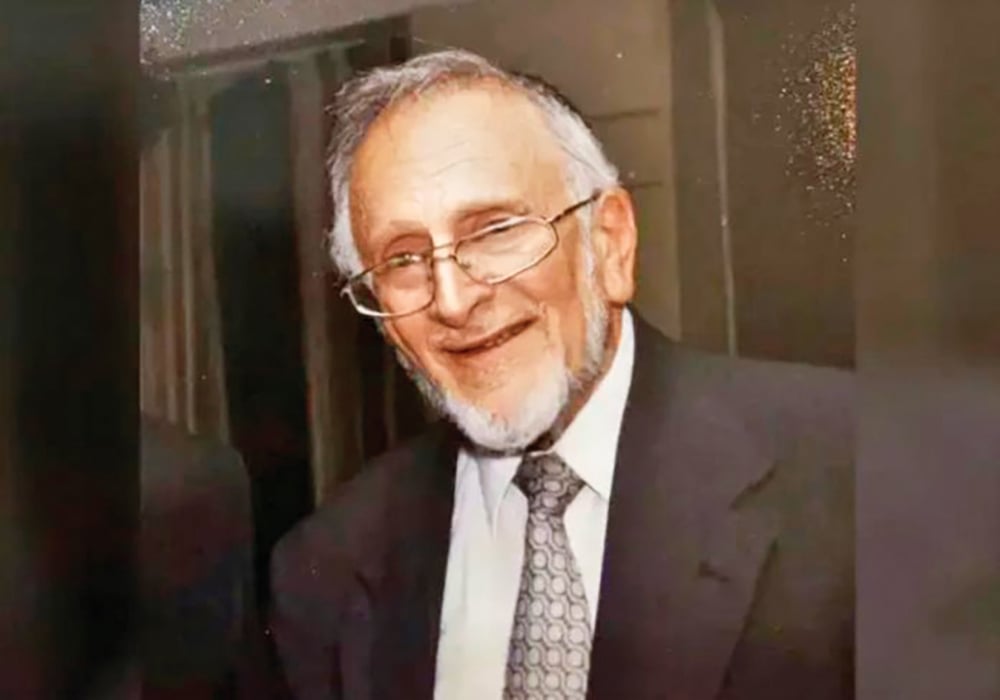
In a previous article I discussed anxiety and worry more generally and strategies to curb its potentially deleterious effects. In this present offering I plan to discuss anxiety in the workplace and ways to combat it from impairing quality of life on an individual and societal level.
Many different types of professionals address such areas as productivity, relationships and burnout with specific populations in work settings. Life coaches often address transitions, organizational psychologists address efficiency and entrepreneurialism, while psychotherapists have joined the choir and are at present targeting highly stressed-out professionals as well. Psychotherapists have largely limited their role in treating anxiety, the subject of this article, to private practice. Executive coaches, who also refer to themselves as corporate consultants, play the major role in assisting managers and CEOs navigate various challenges in the workplace. So with all these professional looking to brand themselves and corner the market in the private and corporate sector, the question of anxiety’s rising prevalence and lack of aggressive treatment remains a conundrum.
Generalized anxiety disorder (GAD) in the workplace can be effectively tackled by marshaling the power of cognitive-behavioral therapy (CBT). The mental, emotional, physical and even spiritual correlates faced by those highly vulnerable to anxiety can be resolved, and CBT leads to many benefits. These benefits will be broached shortly. Recently, without disparaging colleagues in different fields, anxiety in the workplace and other related psychological issues have not being addressed either adequately or at all.
Before embarking on the benefits that can result from incorporating CBT as an intervention in the workplace, some strategies to assist those with work-related difficulties might help as a point of departure.
- Try to create a balance between work and other important aspects of your life (i.e., family, other relationships, cultural or intellectual pursuits).
- Look at work not just as an income source, but a place where some type of meaning can be discovered.
- Find outlets for anxiety (i.e., exercise, travel, rest, healthy eating, self-care and compassion).
- Help others and give of yourself and your time.
- View your work as having an impact on the world.
- Learn to delegate, if necessary.
- Believe in your ability to optimize your potential professionally and personally.
- View setbacks as not failures, but learning experiences.
- Seek out help from a professional if anxiety appears to be impeding performance and other related expectations.
- Develop a positive mindset accompanied by behavioral flexibility.
- Cultivate resilience and perseverence.
- Know that some level of stress is inevitable; persistent anxiety and worry are not.
The strategies listed above are by no means exhaustive. CBT is a comprehensive modality of treatment that can be used in many settings. My mentor, Dr. Aaron Beck, the founder of CBT, has strong convictions that it is well suited for anxiety-ridden professionals in the workplace, because it is practical, structured, collaborative, skill-building and generally not long term. CBT’s benefits are extensive and well documented. In addition, it operates on a broad spectrum of levels and can enhance productivity, efficiency, satisfaction and well-being. Another compelling advantage of bringing CBT into the world of work is that high levels of stress are endemic in professional settings. An approach that assists individuals and corporations come up with novel ways of thinking and doing would be a paradigm shift. Finally, anxiety in the workplace adversely effects an individual’s overall functioning and costs businesses major losses in human potential and revenues. The toll it takes is enormous.
My hope is that as a clinician and consultant who specializes in CBT I can bring anxiety out of the clinic into the larger world of work. The positive impact would be both life altering and immeasurable.
Michael Portman, DPhil, MSW, LCSW, ACT, is a clinical specialist in psychology in Israel and doctoral-level independent supervisory clinical social worker in New Jersey (also licensed in Ohio). He has a BA, MA in psychology and MSW and DPhil (Doctorate) in social work. He is an expert/supervisor in cognitive-behavioral therapy and fellow/diplomate of the Academy of Cognitive Therapy. He is also a leading authority on the treatment of generalized anxiety disorder. He also lectures, trains/supervises others and conducts treatment on other anxiety disorders and related conditions. His experience also extends to executive coaching and corporate consulting. He has written a book on generalized anxiety disorder and authored a chapter, was an editor of a special edition on GAD and published many articles on GAD. He can be reached at [email protected] and 201-321-4334.











